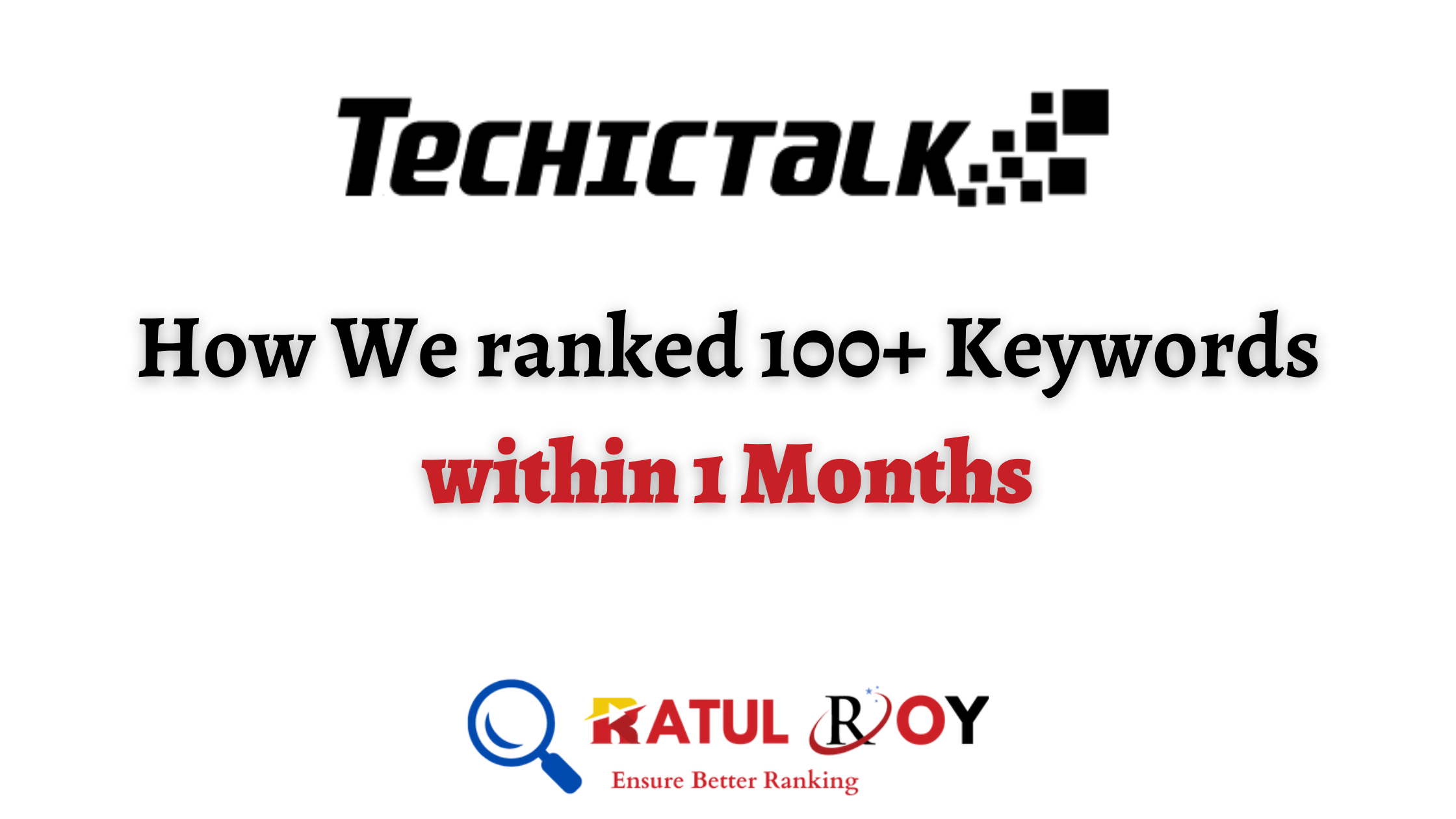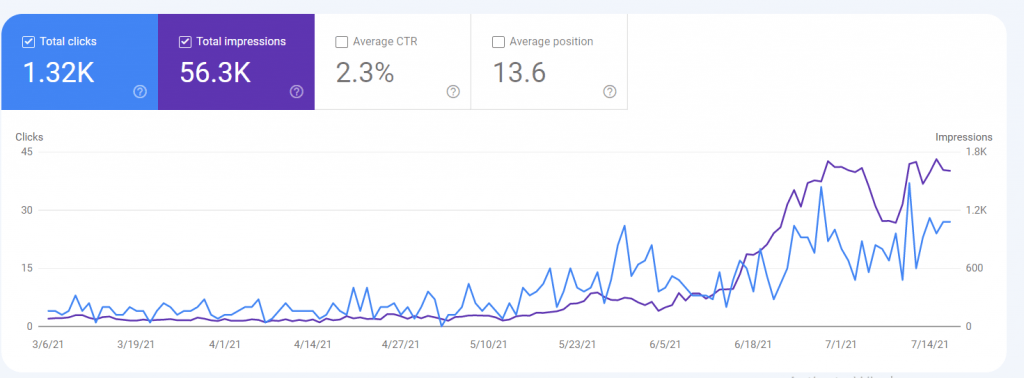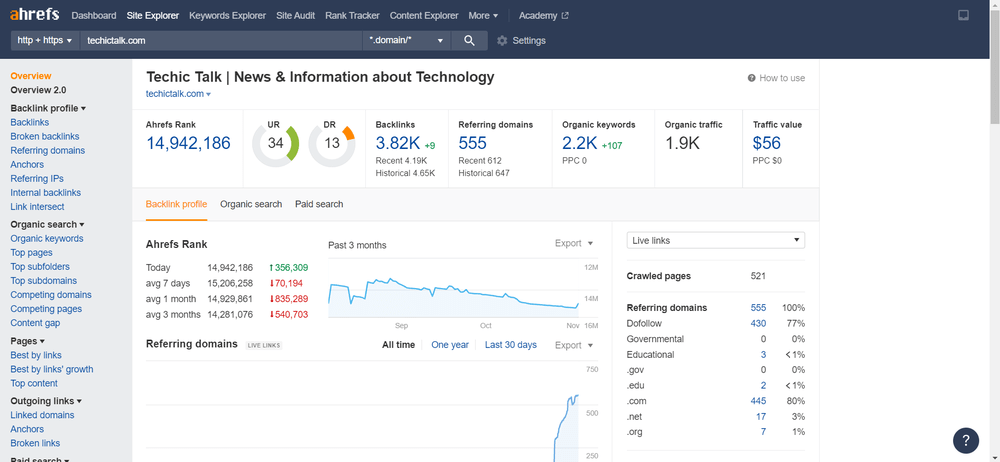How to be an SEO expert?
A guideline to become an SEO specialist
SEO is the process of optimizing a website for search engine results. This means making sure that your website is well-written, organized, and has appropriate keywords and phrases incorporated into its content. However, SEO isn’t easy – it takes time, effort, and a lot of research to be a top-tier expert in this field.
Luckily, there are tools available to help you get ahead of the competition. In this article, we’re going to take a look at some of the best SEO tools out there and show you how to use them to your advantage. So whether you’re just starting out or you’re looking to sharpen your skills, read on!
Define SEO
SEO is the process of optimizing a web page to improve its ranking in search engine results pages (SERPs). Essentially, this involves making sure that your content is high quality and relevant to your target audience, as well as well-organized and easy to read. In order to be an expert in SEO, you’ll need to be familiar with a number of different techniques and know how to put them all into practice. Here are some tips on how to become a successful SEO:
- Start by understanding your target audience. What topics are they interested in? What keywords do they use frequently? Once you have an idea of what topics and keywords to focus on, start researching which keywords are most relevant to your topic and whether or not they’re currently being used in search engine results pages (SERPs) for similar content.
- Create high-quality, keyword-rich content. It’s important that your content is both well-written and informative, as these factors will help it rank higher in search engine results pages (SERPs). Make sure to include keywords throughout the text, including in the title, body text, and even in the images used on your page.
- Optimize your page for search engine results pages (SERPs). This means making sure that your page is well-organized and easy to navigate, while also including keywords in the titles, meta descriptions, and tags used on your page.
- Monitor your page’s ranking daily. If you’re doing everything correctly, your page should be ranking well in search engine results pages (SERPs) right from the start. However, if you notice that your page is ranking lower than usual, there may be a problem that you need to address. You can monitor that by Semrush, TrueRanker, Ahref, Google Search Console etc.
- Advertise your page in search engines. One of the best ways to increase traffic to your website is to advertise it in search engines. This can be done using both paid and organic advertising, depending on the budget and goals of your organization.
While there’s no one “perfect” way to become a successful SEO, following these tips will help you get started on the right track.
The Main Types of SEO
SEO is the process of optimizing a website for search engine visibility. There are many different types of SEO, but all of them work to improve a website’s ranking in search results pages.
Here are the main types of SEO:
- On-Page Optimization: This involves improving the content on your website so that it is easier for search engines to find and rank. This includes things like adding keywords where they’re appropriate, changing the structure of your content, and improving the readability of your text.
- Off-Page Optimization: This involves building links to your site from high-quality websites. Links are important because they indicate that people are interested in your content. Good off-page optimization techniques include creating strong titles, building quality backlinks, and creating valuable content.
- Search Engine Marketing: This involves using paid advertising methods (such as bannerads and Google AdWords) to reach potential customers who are looking for information about your product or service. Search engine marketing can help you increase your website’s visibility and create a better user experience.
How does SEO work?
Search engine optimization (SEO) is an effective way to improve the visibility of a website or web page in search engine results pages (SERPs). By optimizing a website for search engines, it can improve the likelihood that people will find it when searching for information.
SEO involves improving the visibility of a website or web page in search engine results pages (SERPs). This can be done by modifying the site’s title, Meta Description, and other meta data, as well as through on-page optimization such as using keywords and utilizing anchoring text. All of these tactics help promote and increase the visibility of a site in search engine results pages.
The higher visibility of a site in search engine results pages (SERPs), the more likely people are to find it when they are looking for information. In turn, this can lead to higher traffic and conversions, which can benefit both the site owner and their business.
What to Do Before, During, and After Your Site is Up and Running
Before your site goes live, you have to make sure everything is in order. This includes setting up your site’s domain name and hosting account, creating your content, and choosing the right SEO strategy. During your site’s first few months of operation, you need to keep an eye on keyword research and optimization. And after that, you should continue monitoring your site’s traffic and ranking position regularly to ensure that you maintain your top spot.
Tips for Increasing Rankings in Google and other Search Engines
- Understand the basics of search engine optimization (SEO).
- Use effective keywords and phrases in your content.
- Build links to your website from high-quality websites.
- Monitor your website’s ranking on major search engines regularly to ensure that your efforts are paying off.
How do I become an SEO expert?
There are many ways to become an SEO expert. You could read and research SEO techniques, develop your own SEO strategies, or work with a professional SEO company for SEO services. However, the most important thing you can do is learn from others who have already achieved success in the field. If you want to be an SEO expert, start by following these tips:
- Keep up with the latest SEO trends.
- Be knowledgeable about search engine algorithms.
- Stay up-to-date on SEO news and developments.
- Use effective keywords and keyword placements in your content.
- Analyse your competition and learn from their successes and failures.
How to measure the success of your SEO efforts
Step 1: Determine your website’s SEO goals.
Step 2: Assess your website’s current SEO situation and make necessary changes.
Step 3: Implement an effective SEO strategy.
Step 4: Monitor and measure your website’s progress.
Top 5 SEO experts you should follow
If you want to be an SEO expert, you need to follow the top SEO experts. Here are five of the best SEO experts you should follow:
1. Neil Patel
Neil Patel is one of the most well-known and respected SEO experts in the world. He has a YouTube channel with over 2 million subscribers and has written several books on SEO.
2. Rand Fishkin
Rand Fishkin is another well-known and respected SEO expert. He is the founder of Moz, one of the world’s leading search engine optimization firms.
3. Brian Dean
Brian Dean is another well-known and respected SEO expert. He is the founder of Backlinko, one of the world’s leading blog promotion firms.
4. Johnna Hay
Johnna Hay is a marketing strategist and expert in social media marketing. She has helped companies like Pepsi and Ford achieve their marketing goals. Her blog offers valuable advice on how to effectively market using social media.
5. Seth Godin
Seth Godin is an entrepreneur and writer who has written many bestselling books about marketing and business. His books have helped thousands of businesses achieve their goals. He is also the founder of Y Combinator, one of Silicon Valley’s most successful startups
These are just five of the top SEO experts you should follow. There are countless others who are just as knowledgeable and experienced as these top experts. If you want to be a top-level SEO expert, you need to follow as many of these experts as possible.
Conclusion
If you’re looking to take your business online and become a specialist in search engine optimization (SEO), then you’ll need to have an understanding of the basics. In this article, we’ll be providing a brief overview of SEO so that you can start building your knowledge base. From there, you can start learning specific SEO techniques that will help you improve the visibility of your website on search engines. So if being an expert in SEO is something that interests you, read on!








